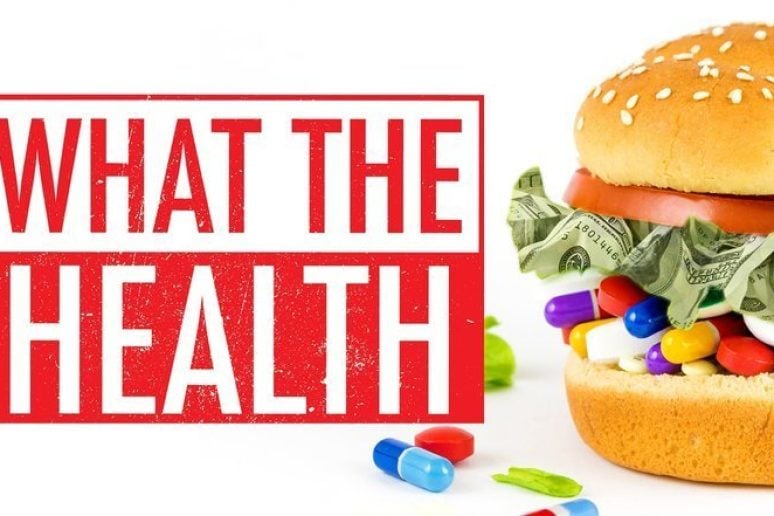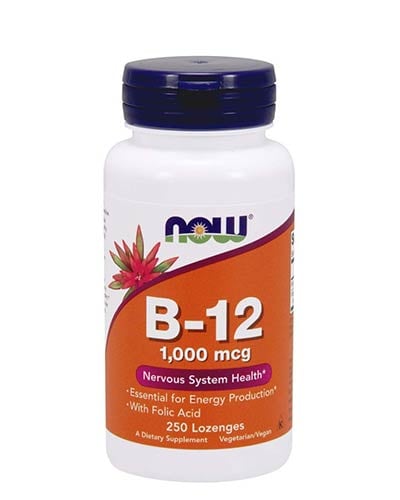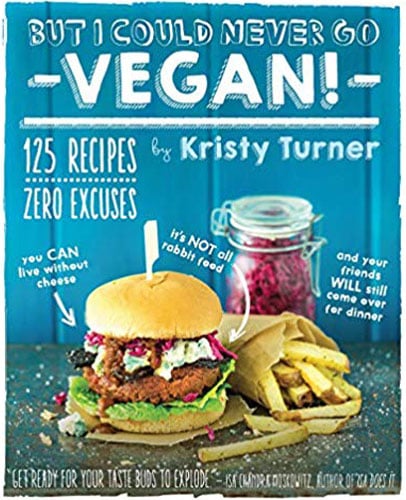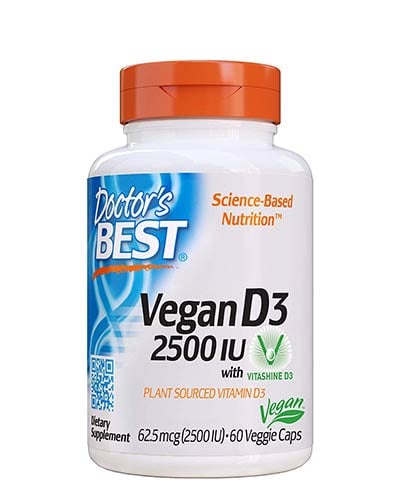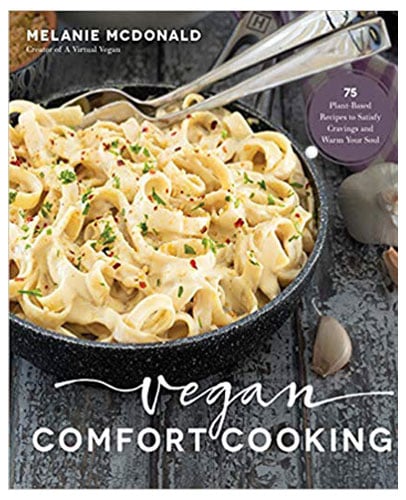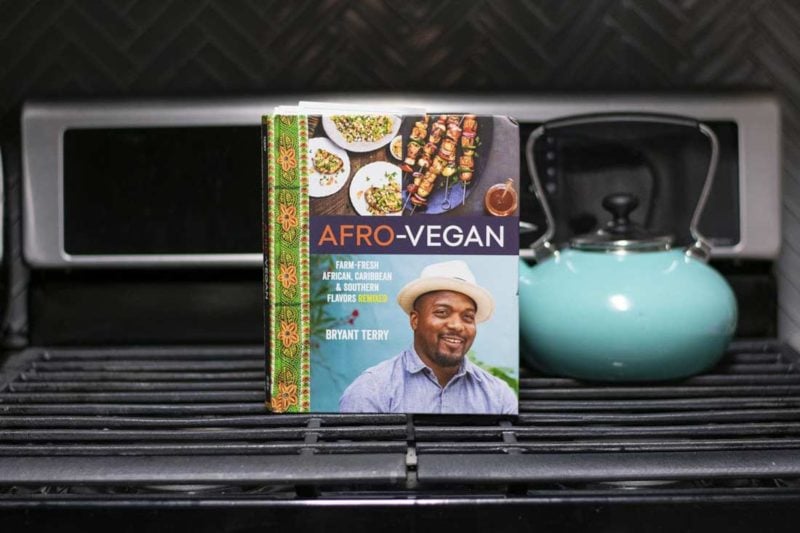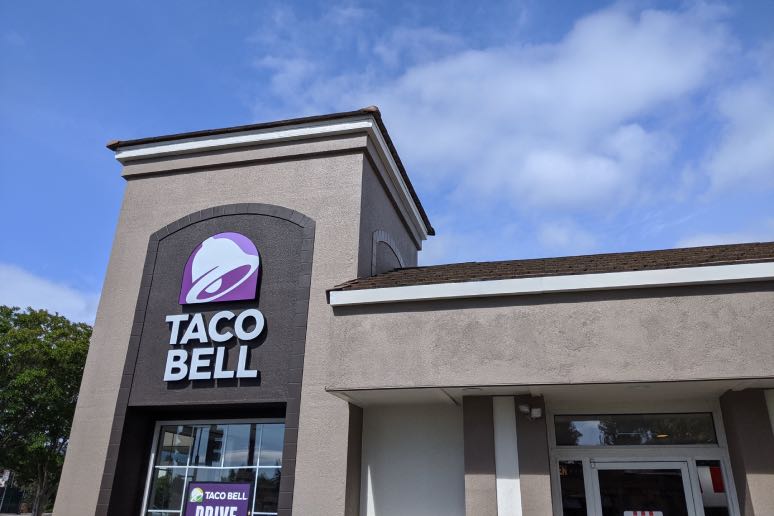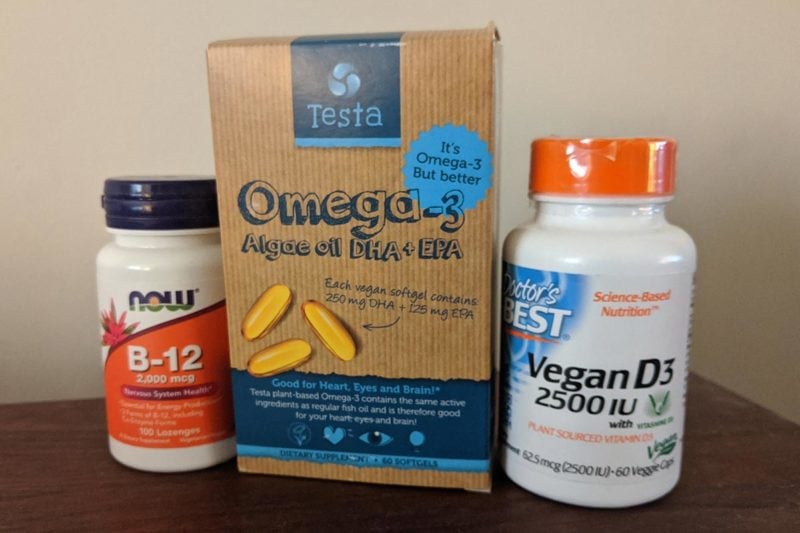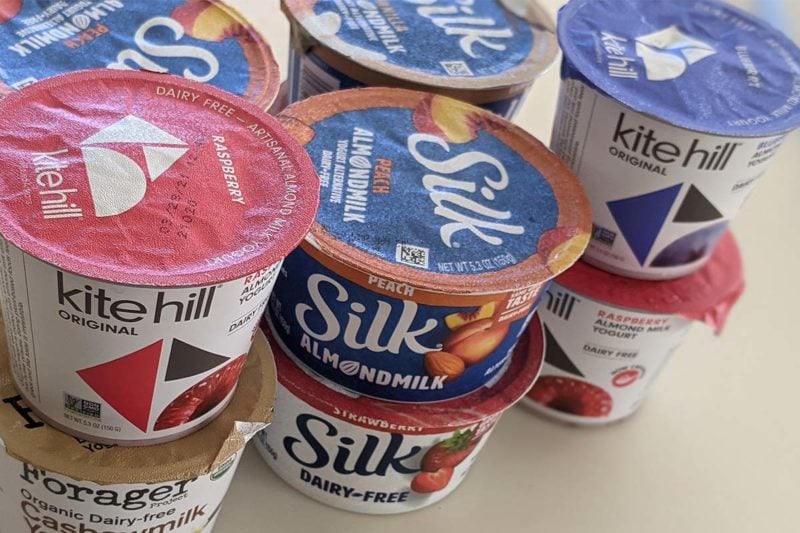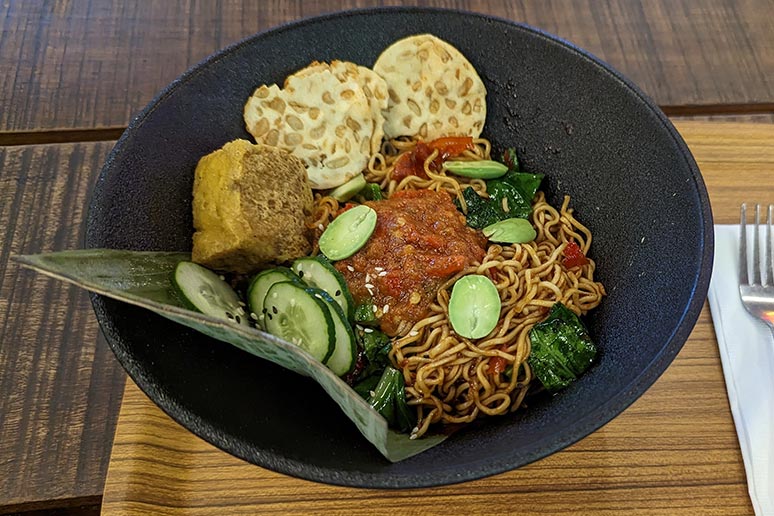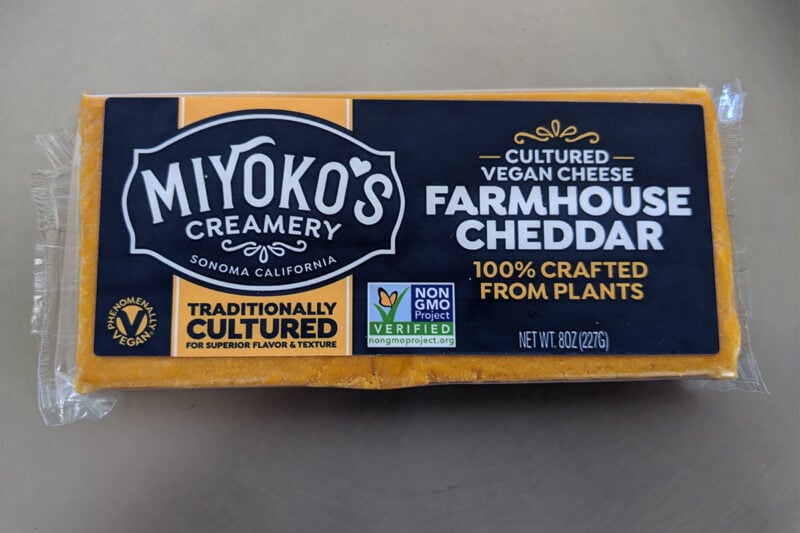By Virginia Messina, MPH, RD
As a vegan health professional, I am sometimes mortified to be associated with the junk science that permeates our community. And as an animal rights activist, I’m disheartened by advocacy efforts that can make us look scientifically illiterate, dishonest, and occasionally like a cult of conspiracy theorists.
There is a growing movement to create a more honest and evidence-based approach to vegan nutrition, though. And those of us who value this effort need to be a more visible presence in the animal rights community. We can’t allow our voices to be drowned out by the pseudoscientific noise. We need the non-vegan world to know that it is possible to stand in support of animal rights while embracing scientific integrity.
It is in this spirit that I venture into the discussion about the newest plant-based documentary What the Health.
The duo behind the film are Kip Andersen and Keegan Kuhn, who are animal rights activists. They also made the movie Cowspiracy (which I have not seen) and I admire their passion for animal advocacy.
I also appreciate that this newest film addresses a number of issues that deserve attention. It is indeed disturbing that non-profit organizations like the American Heart Association accept money from the beef industry. And yes, it’s true that eating a healthy diet that emphasizes plant foods can be a powerful way to counter chronic diseases. I also appreciated that the film addresses social justice issues like the pollution from pig farms which are disproportionately located near low-income communities of people of color.
I wish What the Health had stuck to these kinds of observations and supported them with an informed discussion of the evidence. Instead, it cherry-picked the research, misinterpreted and over-stated the data, highlighted dubious stories of miraculous healing, and focused on faulty observations about nutrition science. The themes of What the Health are that:
- a vegan diet is the answer to preventing and treating all chronic disease
- meat, dairy and eggs (and fat) are the cause of all these diseases
- and non-profit organizations don’t want you to know this because they are funded by Big Food.
Most of the misinformation in the film is due simply to a poor understanding of nutrition science and research. But some moments struck me as overtly dishonest. While he doesn’t directly say it, filmmaker Kip Andersen gives the impression that he is exploring a vegan diet for the first time. He says “Like so many people, I was looking for an excuse not to change my diet.” I found it hard to believe that he was not a vegan while making this film. And the other half of the filmmaking duo, Keegan Kuhn, has stated that he’s been a vegan for decades. So this all felt pretty disingenuous.
The film also employs an obvious double standard. It points to conflicts of interest among national non-profit organizations without acknowledging that most of the doctors interviewed in the film also have conflicts of interest. Some are animal rights activists and some have built their reputations and livelihoods around vegan nutrition. While that is certainly not reason to discredit everything they say, bias is bias and objectivity cuts both ways. These doctors should be held to the same level of scrutiny as the organizations taking money from the food industry.
Research is Complex and Conflicting
When Kip approaches non-profit health organizations for interviews, he finds that no one wants to talk with him. The first people answering the phone can’t respond to his questions about diet and health. I’m not sure why he finds this surprising. They are administrative assistants, not health professionals.
But executives at most of these organizations wouldn’t grant him an interview, either. This was understood to be evasiveness in response to Kip’s effort to have a meaningful discussion about diet and health. And maybe even some kind of conspiracy. “Why would an American Cancer Society rep not want to talk about this?” he wonders.
Well, I can tell him why. These busy professionals don’t have the time or patience to engage in a debate about nutrition with someone who doesn’t understand how extensive, complex, conflicting, and confusing the research is. There have been many times when I’ve not responded to people who want to wave a copy of The China Study in my face as they challenge my statements on oil or protein or vitamin B12. I can sense pretty quickly when a discussion will only waste my time, and when an inquisitor is hostile to fairly considering other points of view. I’m guessing that the director of the American Cancer Society recognizes this, too.
Furthermore, when journalists schedule interviews to discuss nutrition research, they typically provide information about which studies they want to discuss ahead of time. That’s why I sympathized with the Chief Medical Officer of the American Diabetes Association who didn’t want to debate diet research. It’s why I understood why no one from the Susan G. Komen organization wanted to defend the fact that there is no warning about dairy and breast cancer on their website.
The folks at Susan G Komen are not ignorant about the relationship of dairy foods to breast cancer. Their website notes that high-fat, but not low-fat dairy foods may increase risk and that the research is conflicting. The resources listed on the What the Health website say pretty much the same thing. For example, they cite a paper that says this: “On the whole, evidence for an increase in risk for breast cancer through consumption of cow’s milk and dairy products is blurry and partially contradictory and equivocal.”
This is also the conclusion of the report from the American Institute for Cancer Research (AICR) a leading authority on diet and cancer (and a group that promotes a plant-based diet). In their review of all of the research on the subject, they were unable to conclude that dairy foods raise risk for breast cancer. They did say that it is “probable” (but not “convincing”) that dairy raises prostate cancer risk but that dairy consumption probably offers protection against colon cancer. That’s where the science stands right now, and it can’t be negated by one study accompanied by interviews with people who are not experts on the current state of diet and cancer research.
The filmmakers also run into trouble when they try to decipher individual studies. For example, they mistakenly assert that the World Health Organization’s analysis of processed meat and cancer risk is based on 800 studies. But this was a meta-analysis which means it began by identifying potentially relevant studies through a keyword search. In this case, it found 800 of them. But only seven of the studies actually qualified for and were included in the meta-analysis. So their conclusions are based on seven studies, not 800 – a big difference, and a big blunder by the filmmakers.
And while processed meat isn’t exactly a health food (and the American Cancer Society, Susan G. Komen Foundation and the AICR all advise people to limit its consumption) eating hot dogs is not as dangerous as smoking. The filmmakers contend that they are equally dangerous because both are “type 1 carcinogens.” That’s not what this type of ranking means, though. It has nothing to do with the degree of risk. It’s this sort of consistent lack understanding that fuels so much of the hyperbole in the film.
“Everybody Gets Enough Protein” and Other Vegan Nutrition Myths
What the Health includes extensive interviews with the usual cast of celebrity vegan doctors (and why, by the way, do the same doctors appear over and over again in vegan-oriented health movies? It can’t possibly be true that there are only ten health professionals in the entire world who understand the relationship of diet to chronic disease). This results in a hodgepodge of information including some that is flat out wrong. We’re told, for example, that carbohydrates can’t be turned into fat (not true) and that only plants can make protein (this is half-true; the human body makes proteins all day long, but some of the raw materials for this originate in plants.)
There is also the obligatory observation from a physician who has “never seen a patient with a protein deficiency.” This refers, of course, to an acute protein deficiency like kwashiorkor. It’s a distraction (and an irresponsible one) from the fact that some people, especially older people, get too little protein for optimal health, and that vegans may have higher protein needs than meat-eaters. This same doctor then suggests that you could get all of the protein and essential amino acids you need from 2000 calories worth of rice. This might bring you fairly close to meeting total protein needs, but it falls far short of requirements for the essential amino acid lysine. This is the kind of casual disregard for real issues in nutrition that can set vegans up to fail.
Also obligatory in any plant-based film is the graph showing that populations who consume the most dairy worldwide have the highest rates of hip fracture. This may be true. But you know how Dr. Neal Barnard rolls his eyes in this film when he’s asked about sugar and diabetes? That’s me when people start talking about the link between hip fracture rates and dairy or protein intake among countries. Among nutrition experts, these kinds of comparisons carry almost no weight. This is because there are so many confounding factors that affect the comparisons. For example, countries with high dairy consumption also tend to have icier winters. This significantly increases risk of falling, which in turn increases risk of a hip fracture. In fact, the article that What the Health cites to support the dairy connection to hip fracture doesn’t even mention dairy. It says that the factors responsible for the differences in fracture rates are “population demographics (with more elderly living in countries with higher incidence rates) and the influence of ethnicity, latitude, and environmental factors.”
So What the Health leaves us with a faulty perspective on nutrition research that downplays the importance of both protein and calcium for bone health. This denies vegans and potential vegans the kind of information they need to actually stay healthy.
The Miracle of a Plant-Based Diet
The exaggerated and misleading statements about animal foods and health are meant to build the case that you must be vegan if you want to be healthy. We hear, for example, that there is no evidence that consuming animal foods in moderation can turn heart disease around. Yes, there is. There is at least as much evidence that plant-based (but not vegan) diets can reverse heart disease as there is evidence indicating vegan diets can reverse heart disease.
And finally, there are the miraculous healings. The film tells us that a plant-based diet can treat lupus, multiple sclerosis and osteoporosis. (I’d love to see actual evidence for any of this.) Then we’re shown real-life examples of astonishing recoveries from illness. One woman has been diagnosed with bilateral osteoarthritis and is scheduled for two hip replacements because, as she describes it, bone is rubbing on bone. This means that the cartilage that cushions the hip joints has worn away. You can’t just grow back a bunch of cartilage in two weeks by changing your diet. Nor is there evidence that a healthy vegan diet will reverse thyroid cancer as is claimed in the film. And I hope that the woman who stopped taking antidepressants in just two weeks did so under strict medical supervision. That is not enough time to taper off of these drugs (which kind of makes me doubt her story). And to imply that people can abruptly stop taking their antidepressants when they go vegan is irresponsible and dangerous.
Kip himself says that after he changed his diet, “within a few days I could feel my blood running through my veins with a new vitality.” It immediately brought to mind Lierre Keith, ex-vegan and author of The Vegetarian Myth. She says this when she eats a bite of tuna fish after many years of veganism: “I could feel every cell in my body—literally every cell—pulsing. And finally, finally being fed.”
I’m quite sure that you can’t feel every single one of your cells pulsing and I don’t believe you can feel your blood running through your veins, either. These are the meaningless testimonials that people offer about every diet under the sun. (Can we not even hold ourselves to a higher standard than the preposterous claims of ex-vegans?)
There is so much more to deplore about this film. The fear-mongering about GMOs and about diet and autism. The body shaming. And of course, the outdated (by about 40 years) insistence that dietary fat is bad.
Is this Film Good Animal Advocacy?
Despite all of the problems with What the Health, I liked what Kip said at the end–that he knew that eating a little bit of animal food was not going to damage his health (which conflicts with what the doctors in the film say, by the way), but that he couldn’t eat even a little animal-based food in good conscience.
Knowing the agonies suffered by farmed animals, and the damage livestock do to the environment, means that the most responsible decision is to avoid these foods completely. That’s my perspective, too. Most public health experts recommend a diet that emphasizes plant foods and limits animal foods. But unless you bring in concerns about animals, the environment, and social justice, you can’t make the case for a vegan diet as the only sensible way to eat. That’s why the scientific basis of What the Health was doomed from the start. Instead of focusing on unassailable reasons for being vegan, it focused on the ones that are most easily refuted.
I realize that some activists believe that using any means necessary to get people to stop eating meat represents a win for animals. But putting aside the philosophical issue of whether the ends justify the means–that is, whether it’s okay to be dishonest if it saves animals–I think there are a number of problems with this argument.
First, people most likely to be swayed by this film are pretty likely to be swayed later on in the opposite direction by competing dietary philosophies. I am not convinced that this film will produce some big population of long-term committed vegans, especially when people find out that going vegan doesn’t necessarily deliver on all the promises What the Health makes.
Second, the vegan movement’s credibility is undermined when we make claims that are so easily refuted. If we get caught lying or exaggerating about the health aspects of veganism, why should anyone believe us when we try to tell them about the treatment of animals on farms, in zoos, and in research labs?
I would guess that this film might also turn off a sizable segment of the population who recognize the hype, the over-the-top conspiracy mongering, and the shoddy science. For many, it’s likely to reinforce any negative view they may already have of vegans. With all this in mind, why would we want to promote a film that makes our community look like an unreliable source of information? Getting people to take animal rights seriously is a huge challenge. I cannot imagine that it does our efforts for animals any good when we build advocacy around hyperbole, junk science, conspiracy theories, and transparent dishonesty.
On the surface, What the Health may seem like good advocacy for animals. I suspect that in the long run, though, this kind of outreach sets our efforts back and slows our progress on behalf of animal rights.

